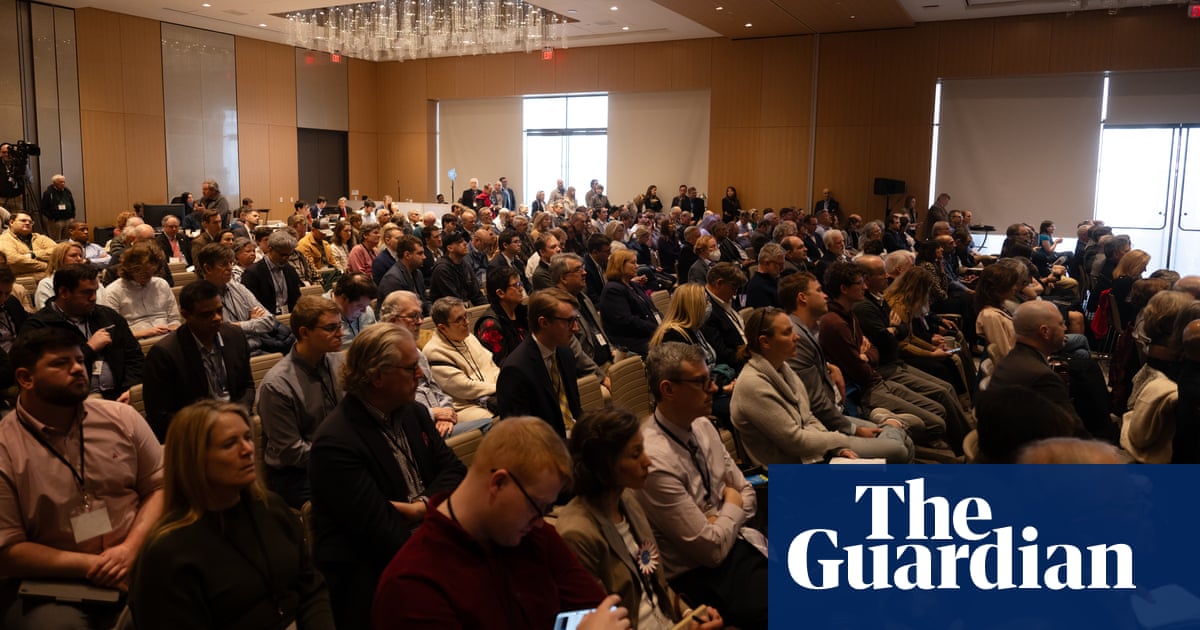Schoenberg’s Pierrot Lunaire broke the mould of what both chamber music and singing could be. Scored for five musicians playing eight instruments between them and a singer instructed not to sing, it was the perfect musical manifestation of expressionism, the cultural movement of the early 1900’s where creatives across the disciplines sought to capture the essence of emotions rather than physical realities.
The work’s 21 poems explore themes of madness, death, sex, dreams, trauma and nostalgia through the character of Pierrot and his partners in crime, Harlequin and Columbine. The music – one of Schoenberg’s earliest moves towards atonality (the absence of a key, as we’d understand it) – can feel unsettling and haunting, yet has moments of breathtaking beauty, calm and a heady dose of romanticism to boot. However, it is the singer’s employment of sprechgesang – literally speak-sing – that even 100 years later, can still sound completely out of this world.
Also called sprechstimme, this “middle-ground” between speaking and singing was developed by Schoenberg specifically for Pierrot Lunaire, and its first interpreter, the actor Albertine Zehme. Hugely influential, this type of vocal production has gone on to be employed in a range of genres: from Weill’s Cabaret songs to Jarvis Cocker.
I’ve performed Pierrot Lunaire throughout my career, and chasing that idiosyncratic sound world of “sing-speech” has brought me into contact with many incredible interpreters along the way.
My first Pierrot was conducted by none other than Pierre Boulez, a titan of 20th-century music. Having grown up with his recording with Christine Schäfer, whose will-o’-the-wisp approach to the vocal line is both enticing and seemingly effortless; I was hoping for incredible insights. What did Schoenberg mean, how should I approach the vocal line, am I even in tune? “Ahhh …” the septuagenarian murmured as I sidled up to the great man, “You sing a bit, you speak a bit.” That was it. That was it?
Just as his conducting style was concise in the extreme, these eight words – once I’d fully digested them – did actually perfectly encapsulate all you need to bring to Schoenberg’s table. You do indeed need to sing. You need to learn the notes (although some interpreters clearly differ here) – otherwise why would Schoenberg have written them? Thomas Beecham might have famously commented: “I’ve never conducted any Schoenberg, but I believe I’ve stepped in some,” but contrary to some opinions, which hold that his music sounds so out of tune as to not require any accuracy – the sound world in Pierrot Lunaire is so tightly interlinked, that the voice, whether in full speech mode or the occasional permitted sung note, is vital to the harmony created by the chamber ensemble. The music isn’t accompanying the singer, it is creating Pierrot’s whole world, his thoughts and emotions. If the singer is wrong, it’s all wrong. We wouldn’t dream of misperforming a Schubert song, Bach cantata or Mozart aria; Pierrot needs to be learned, like any other piece.

But those notes aren’t always easy. The poems, originally by Belgian poet Albert Giraud, were translated into German by Otto Hartleben. They are set in a musical range spanning two octaves, with words declaimed not in natural speech rhythms as in Debussy, but often extended, whispered, groaned, at times grotesque caricatures of vocal possibility, which the performer has to completely inhabit. How do you sing, but not sing a note, lasting four slow beats on a specific pitch, without singing that same pitch? How do you sound like a cranium borer, a sickly moon or gigantic black butterflies? How do you hiss, whisper and sing at the same time? Working your way through Schoenberg’s many conundrums is the best of challenges, and one unique to every singer: as all voices are different, all guttural hisses are different. Indeed, coaching young singers in this repertoire has been revelatory, forcing me to evaluate why I’ve made the creative decisions I have, and reminding myself that there are always other possibilities.
However, once those notes are in your muscle memory, then you’re free to “speak a bit” – imbuing them with as much speech quality as feels appropriate, as gives character. Think of a performer like Erwin Schrott singing Don Giovanni – he doesn’t sing those recitatives, he lives and breathes them. The notes are accurate only in that they serve his characterisation of the role – you don’t hear the notes at all, you hear the Don.

Boulez’s succinct summary of Pierrot allows for the performer to put their own stamp on the piece – and stamp you must. You can’t approach Pierrot by aping other interpretations. You are Pierrot, Columbine, Harlequin, narrator, poet and composer all at once – it’s absolutely all or nothing.
But a serious approach to the music making shouldn’t call for micromanagement. I was lucky enough to work on Pierrot Lunaire with the grand dame of 20th century vocal music, Jane Manning, who, in her own words, was the “most accurate” interpreter of the piece. While I would definitely advocate for accuracy (there are some wildly inaccurate recordings out there that to my mind do little to serve Schoenberg or his music) focusing on accuracy slightly misses the point of the song cycle, and surely of all music. No one would be happy with a merely “accurate” rendition of Porgi Amor from Mozart’s Marriage of Figaro. The right notes are only the first step of the journey. A distinctive and meaningful performance, for both artist and audience, surely comes from a singer’s individual musicality: the final beautiful, if unattainable endpoint of creativity.
Pierrot Lunaire, as with all music, evolves and develops with each iteration, just as the enigma that is Pierrot evolves seamlessly in Giraud’s poems from buffoon to cuckold, lover to thief – an ever-changing mirror to an ever-changing society. From commedia dell’arte to cabaret, Pagliacci to One Man, Two Guvnors, Placebo’s Pierrot the Clown to Davie Bowie’s announcement, “I am Pierrot” – this clown remains a vital part of our cultural life.
The Austrian author Hermann Bahr asserted in 1880 that pantomime alone of all theatrical forms avoided any expectation of accommodating reality. It was, he wrote “not about humans but about Pierrot … its only home … is the fantastic.” A worthy epitaph to Pierrot and indeed to Schoenberg as we celebrate the 150th anniversary of his birth: fantastic.

 2 months ago
58
2 months ago
58













































